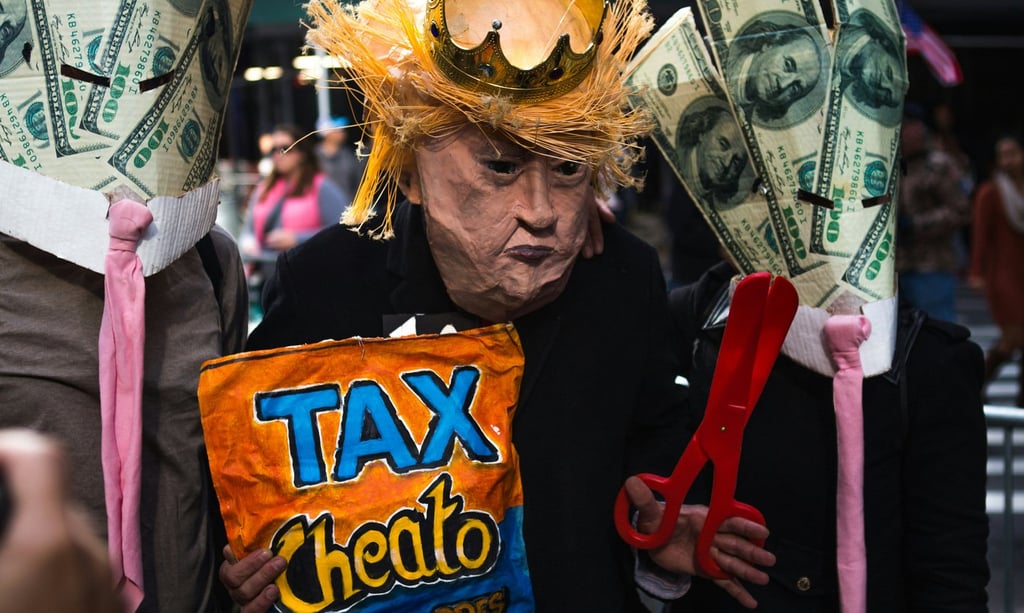Trump Revokes California’s Electric Vehicle and Diesel Truck Mandates
LATEST


On June 12, 2025, President Donald Trump signed three congressional resolutions officially revoking California’s authority to enforce its mandates on electric vehicle (EV) sales, diesel engine regulations, and truck emissions standards. These state-level rules, which aimed to phase out the sale of new gasoline-powered vehicles by 2035, had been adopted by at least eleven other states.
At a White House event, Trump described California’s environmental policies as a "disaster for the country" and declared that he was “rescuing the U.S. auto industry from destruction.” He also criticized the Environmental Protection Agency (EPA) waiver granted under the Biden administration, which had allowed California to implement stricter emissions standards than those set at the federal level.
Trump argued that repealing these mandates would restore consumer choice and eliminate unnecessary regulatory burdens for automakers. He emphasized the inefficiency of building multiple versions of the same car to meet varying state requirements.
Automakers’ Support and State Pushback
Major automakers, including General Motors and Toyota, supported the rollback of California’s vehicle emissions policies. These companies had lobbied against the state mandates, citing concerns over feasibility, cost, and global competitiveness. Industry leaders expressed relief that a uniform national policy would replace what they saw as a fragmented and overly aggressive regulatory approach.
In sharp contrast, California Governor Gavin Newsom condemned the move as a setback for environmental progress and public health. He accused the Trump administration of capitulating to corporate polluters and undermining long-term innovation in the clean energy sector. Following the repeal, California and a coalition of eleven other states — including New York, Massachusetts, and Washington — announced plans to challenge the resolutions in court.
Broader Impact on U.S. Climate Policy
The repeal marks a significant shift in national climate policy. California has historically played a leading role in setting ambitious environmental standards, often influencing federal regulation and global market trends. With the rollback of its waiver, the state loses its ability to serve as a regulatory trailblazer in the push toward zero-emission transportation.
Environmental advocates have warned that halting California’s mandates could delay the national transition to electric vehicles, jeopardize emissions targets, and reduce incentives for green technology investments. Meanwhile, Trump’s administration continues to frame the decision as part of a broader agenda to reduce federal oversight, lower costs for consumers, and promote energy independence.
While the long-term legal and political consequences remain uncertain, the immediate effect is a symbolic and practical realignment of U.S. environmental policy — one that reasserts federal authority over state-led climate initiatives and reopens the debate over the future of transportation in America.
